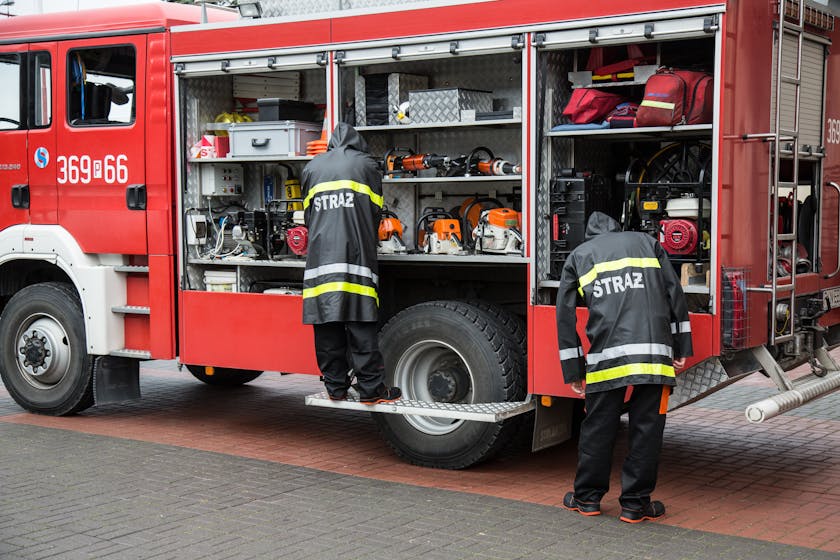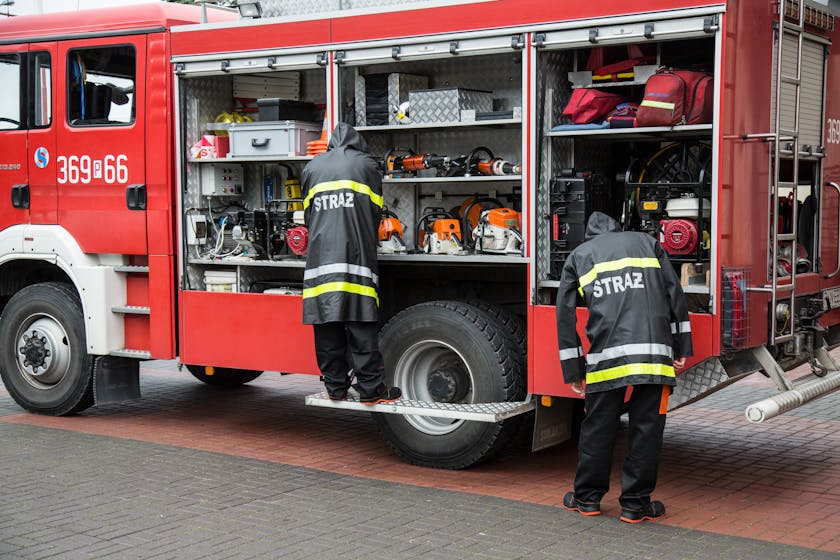In the face of unforeseen circumstances, having a strategy for bulk meal storage is critical for emergency preparedness. Whether it’s due to natural disasters, pandemics, or other emergencies, being ready can alleviate much of the stress associated with such events. This comprehensive guide will take you through the steps to ensure your food security when it matters most.
Understanding the Importance of Bulk Meal Storage
The first step in emergency preparedness is understanding why bulk meal storage is essential. During an emergency, access to groceries and fresh produce may be limited. Stores can quickly run out of supplies, and roads may become impassable. By storing meals in bulk, you ensure that you and your family have enough to eat, even when external resources are scarce.
Assessing Your Bulk Meal Storage Needs
Start by assessing how much food you need to store. A good rule of thumb is to have at least a three-day supply for immediate emergencies and a more extended supply, up to a month, for prolonged situations. Consider the dietary needs and preferences of your family when choosing which meals to store.
Selecting the Right Foods for Storage
Non-perishable items: Choose foods that have a long shelf life and require minimal preparation, such as canned goods, dried legumes, and grains.
Freeze-dried meals: These are lightweight, take up less space, and can last for years without spoiling.
Dehydrated foods: Similar to freeze-dried options, they provide a long shelf life and are easy to rehydrate and cook.
Storing Your Bulk Meals Safely
Ensuring your food remains safe and edible over time is vital. Store your bulk meals in a cool, dry place away from direct sunlight. Use airtight containers to keep moisture and pests out, and label each container with the date of storage.
Rotation and Usage of Stored Meals
Regularly rotate your stored meals to use the oldest items first and replace them with newer stock. This practice prevents waste and ensures the food remains fresh when needed.
Emergency Cooking Options
In an emergency, traditional cooking methods may not be available. Consider alternative options such as outdoor grills, solar ovens, or camping stoves. Ensure you have a backup fuel supply for these cooking methods.
Creating a Meal Plan From Your Bulk Storage
With your bulk meals stored, create a practical meal plan. This plan should accommodate the use of non-perishable items first, incorporating fresh items if they are available. A meal plan helps manage resources efficiently and provides a sense of normalcy during stressful times.
Regular Maintenance of Your Emergency Meal Storage
Check your bulk meal storage periodically for any signs of spoilage or damage. Replace any items that are no longer safe to eat and update your meal plan accordingly.
Conclusion: The Role of Bulk Meal Storage in Emergency Readiness
Being well-prepared with a bulk meal storage plan is a fundamental aspect of emergency readiness. It provides peace of mind knowing that you are ready to face challenges with a well-thought-out food supply. Remember to review your plan regularly and adjust as needed to maintain your preparedness level.



